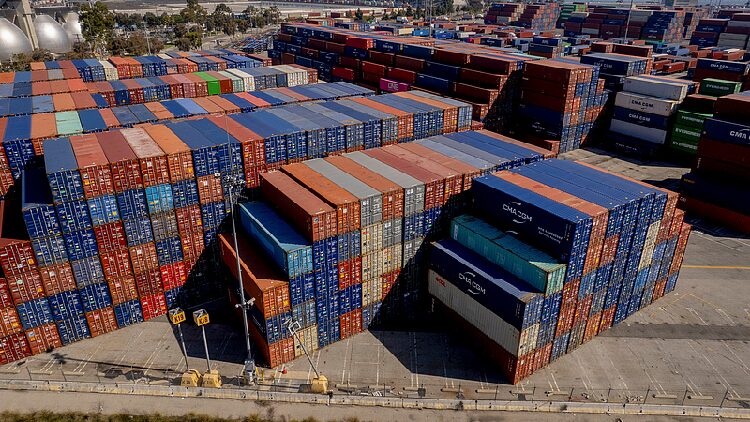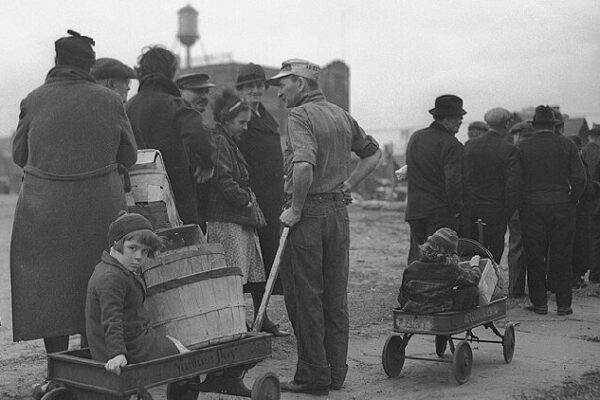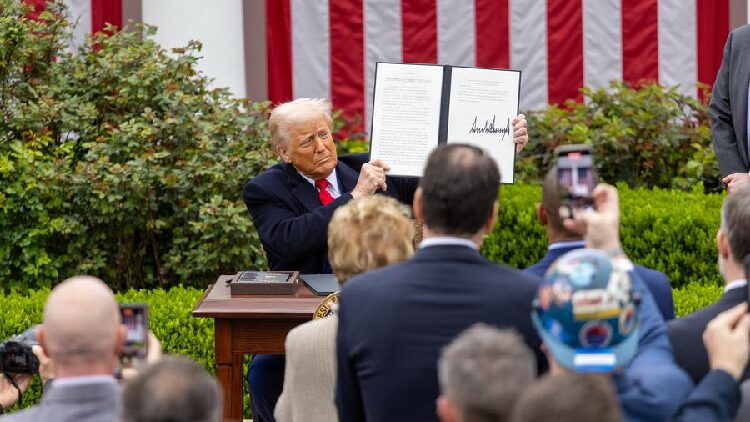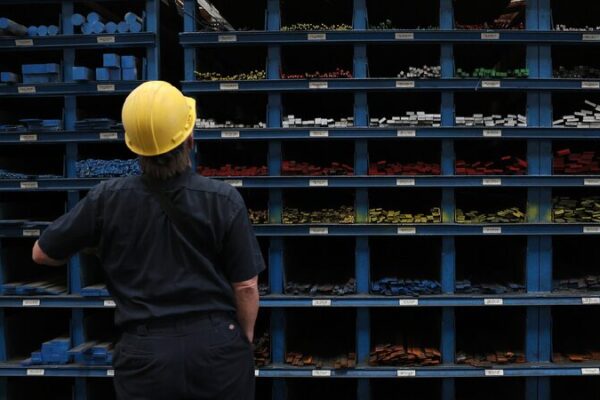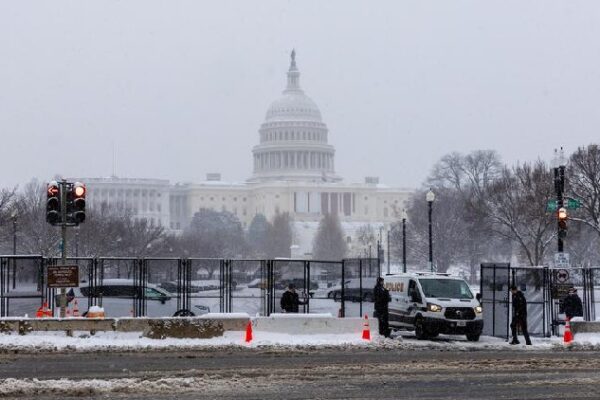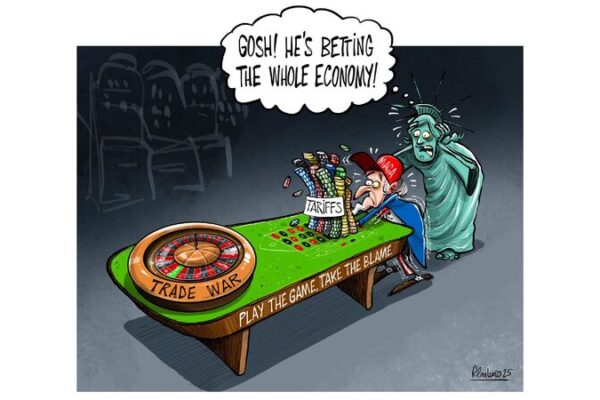Imagine walking down a busy street and seeing shops closing, people losing jobs, and prices going up. Nearly a century ago, during the Great Depression, this was a reality for many. One of the key reasons was the Smoot-Hawley Tariff Act of 1930, a policy that increased taxes on imported goods to protect local industries in the United States. Instead of boosting the economy, it led to a trade war, collapsing global trade by about 50%, and worsening the economic crisis.
Fast forward to today, some worry that similar protectionist policies might be making a comeback. The idea is to protect local jobs by making imported goods more expensive, encouraging people to buy domestic products. However, history shows that this approach can backfire.
The Problem with Tariffs
Tariffs are like taxes on goods coming into a country. While they might seem like a good way to support local businesses, they can lead to higher prices for everyday items. This means people have to spend more money on things they need, leaving less for other expenses.
When one country raises tariffs, others often do the same in response. This can lead to a trade war, where countries keep increasing taxes on each other’s goods. This hurts businesses that rely on international supply chains and can lead to job losses.
Global Impact
In our interconnected world, countries depend on each other for goods and services. Disrupting this balance can have ripple effects worldwide. Industries like automotive, electronics, and textiles, which rely on parts and materials from different countries, can suffer delays and increased costs.
Developing countries, especially those in the Global South, might be hit hardest. Many of these countries rely on exporting goods to larger economies. When trade barriers go up, their economies can suffer, affecting employment and growth.
Learning from the Past
Instead of turning to protectionism, countries could work together to create fair trade agreements that benefit everyone. Investing in education, innovation, and infrastructure can help economies grow without resorting to measures that could harm global trade.
It’s important for leaders to remember the lessons from history. Collaboration and open trade have the potential to create prosperity and address challenges like poverty and climate change more effectively than isolationist policies.
The Choice Ahead
The decisions made by governments today will shape the world for years to come. Will we repeat the mistakes of the past, or will we choose a path of cooperation and shared prosperity? The future depends on the choices we make now.
Reference(s):
cgtn.com
